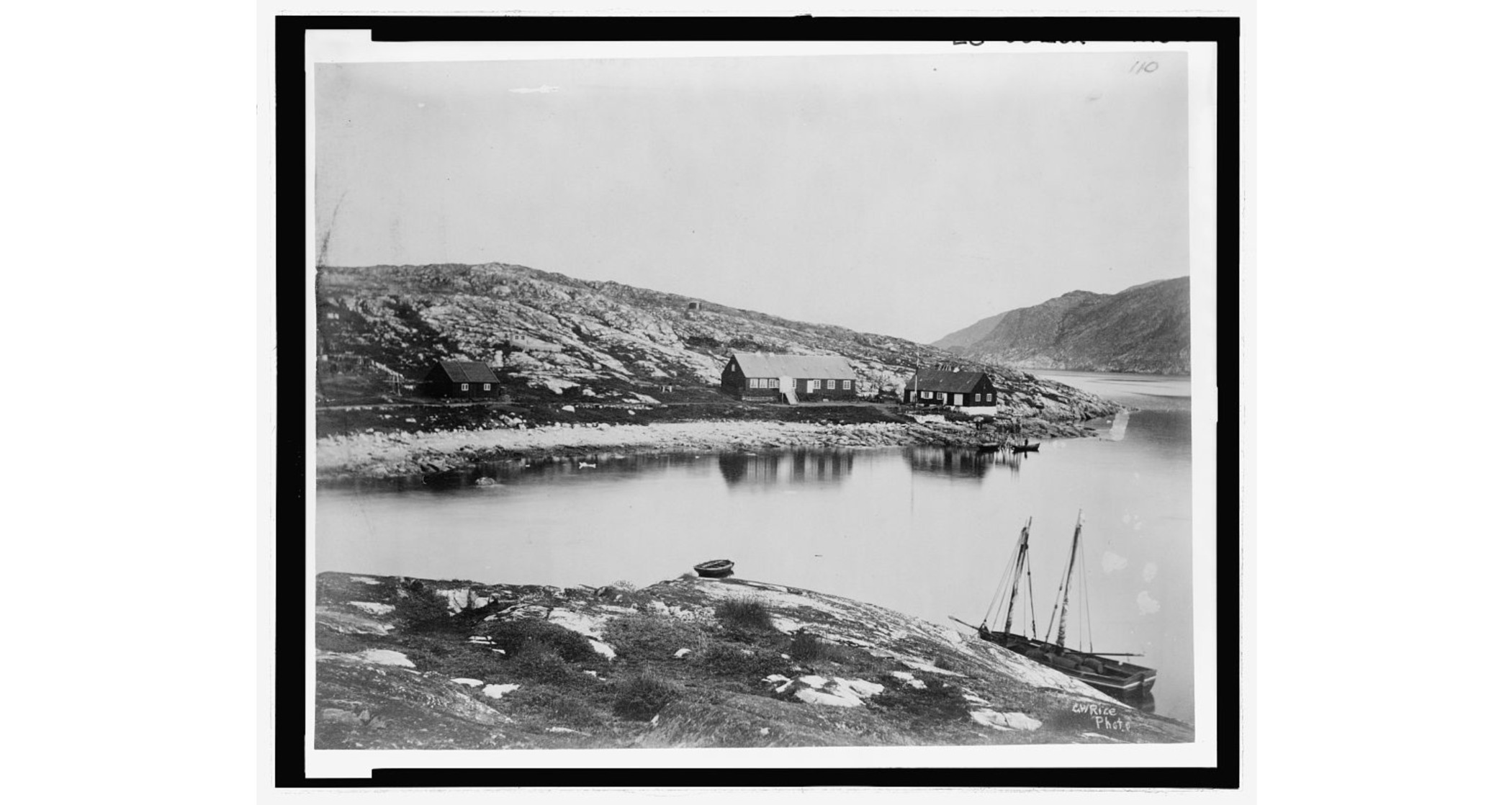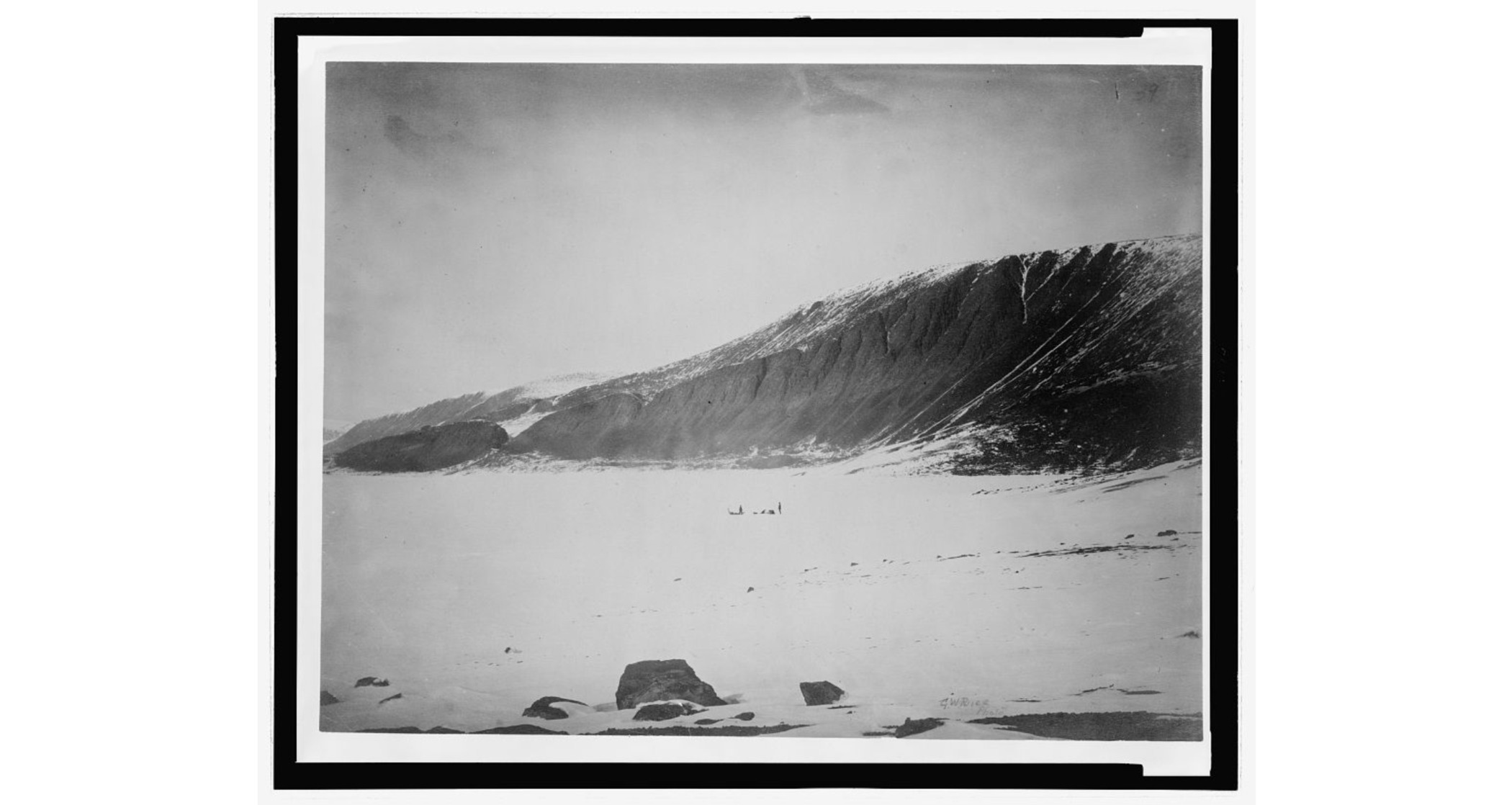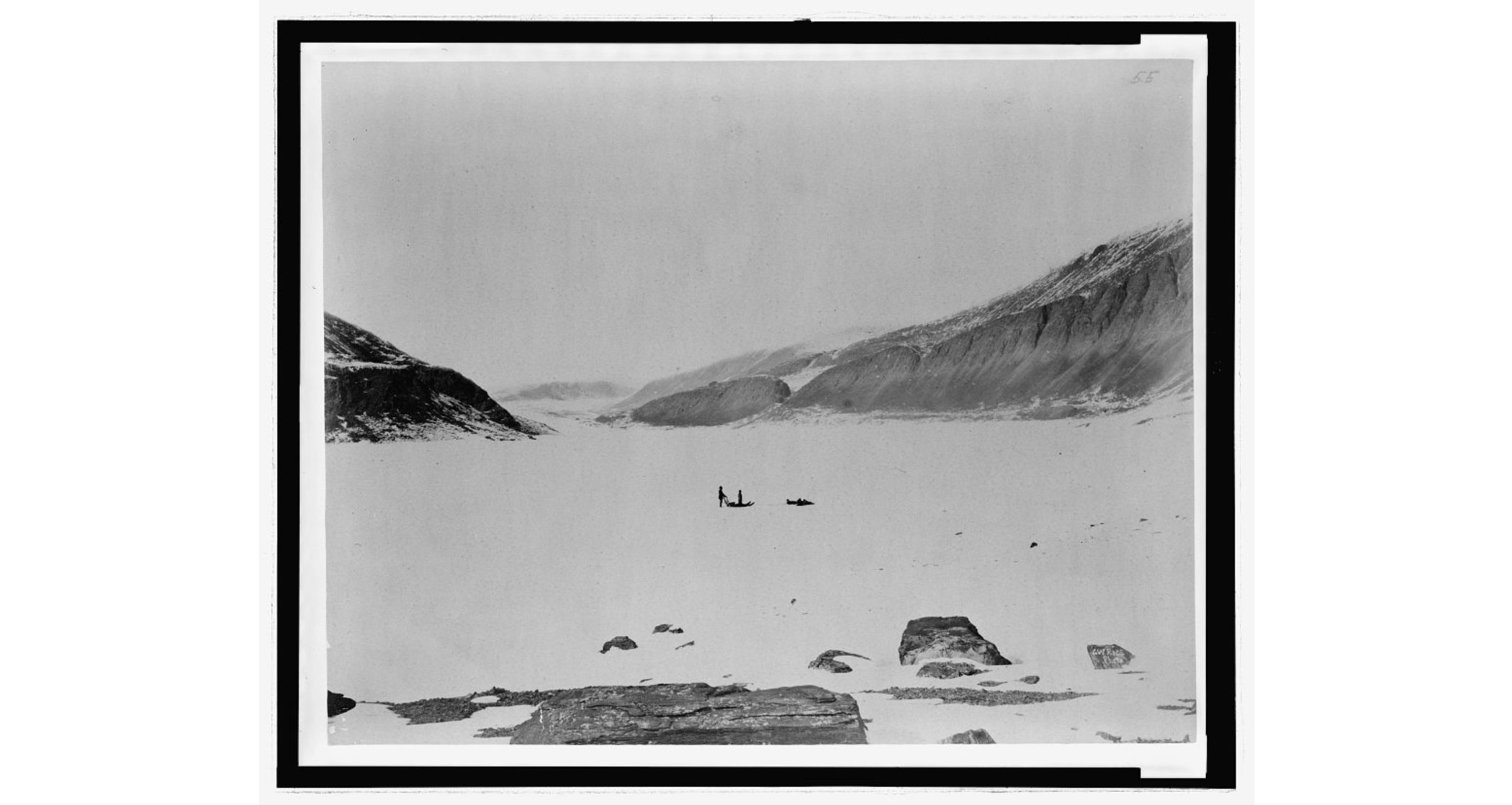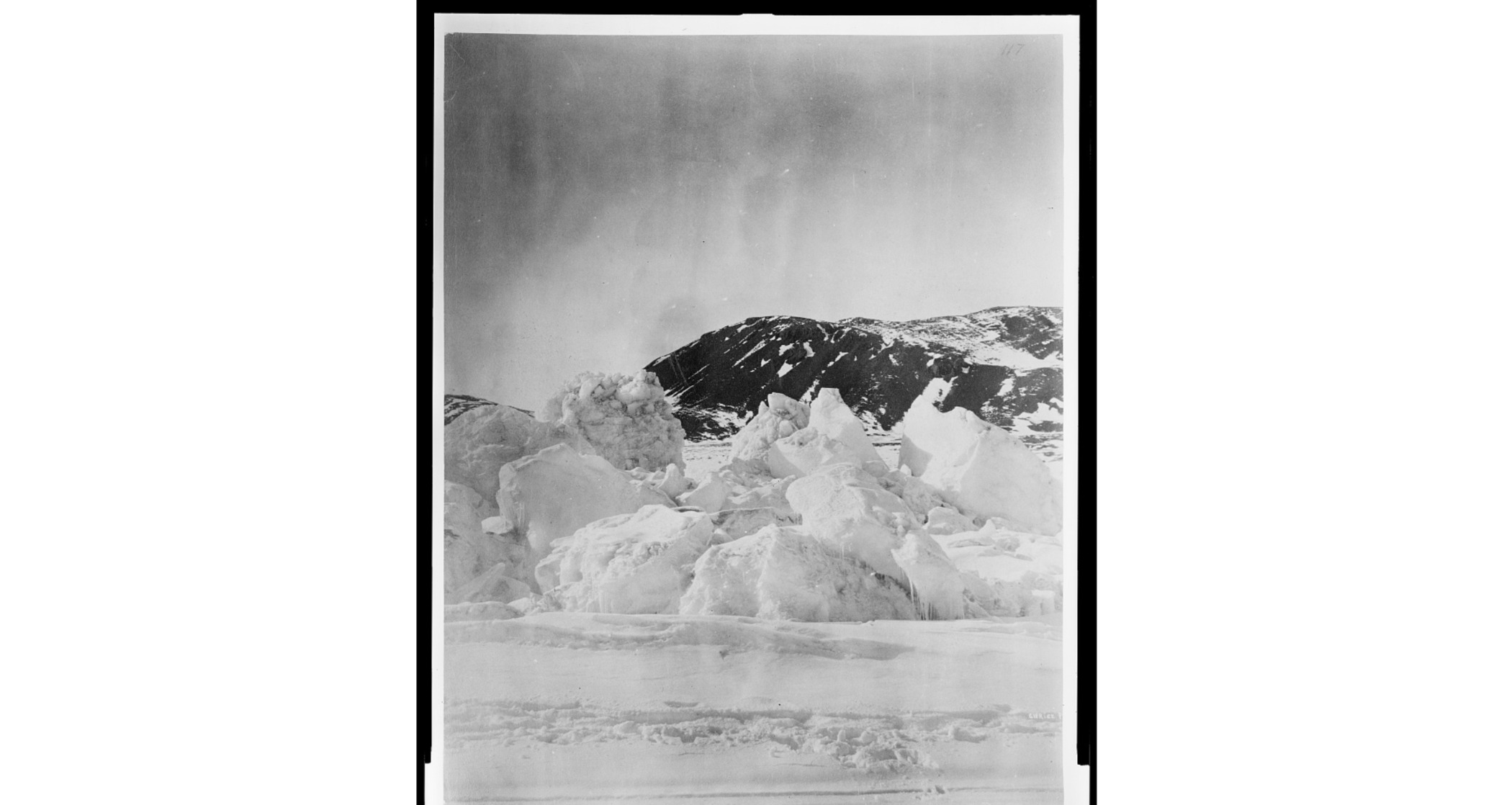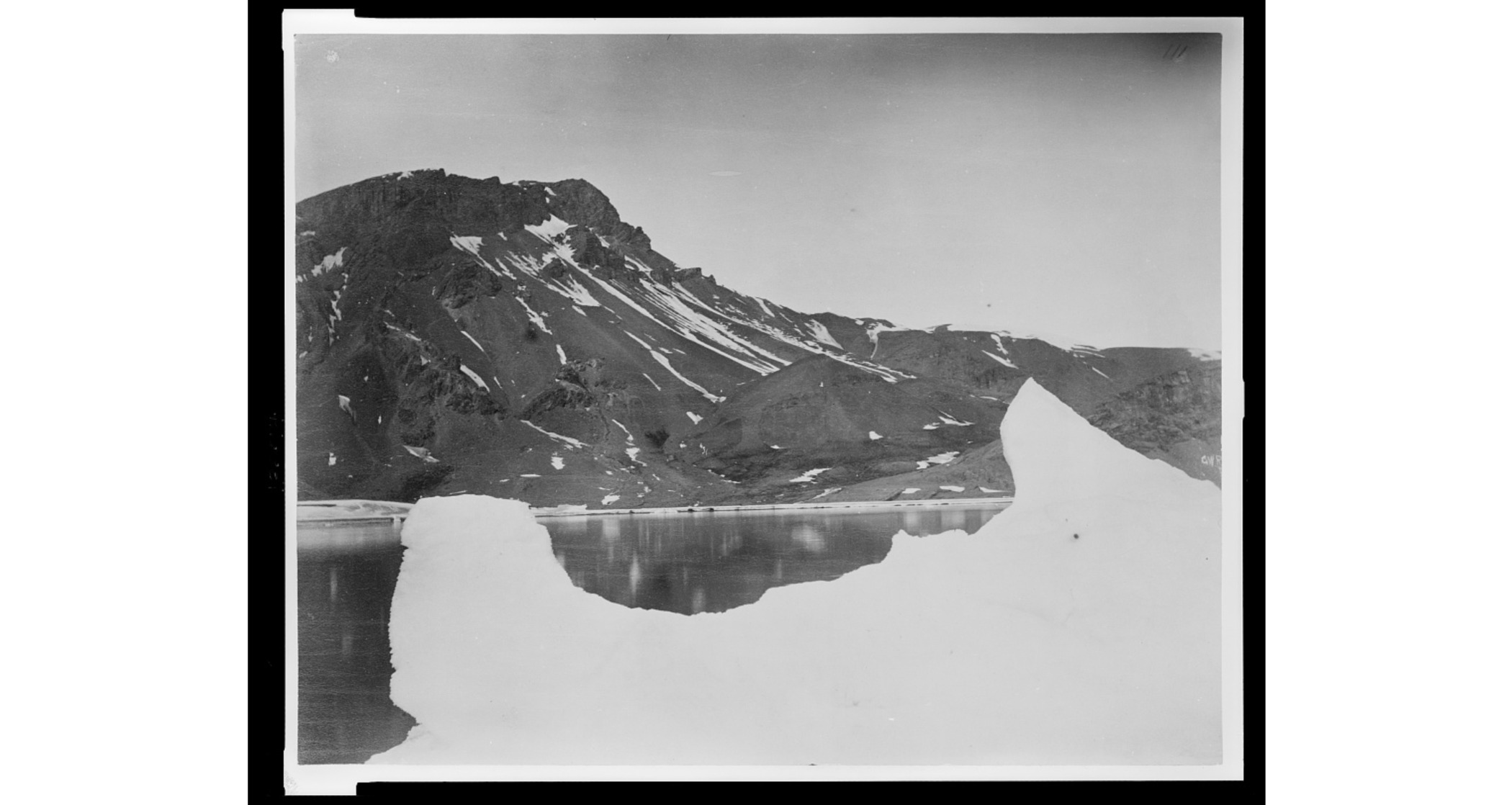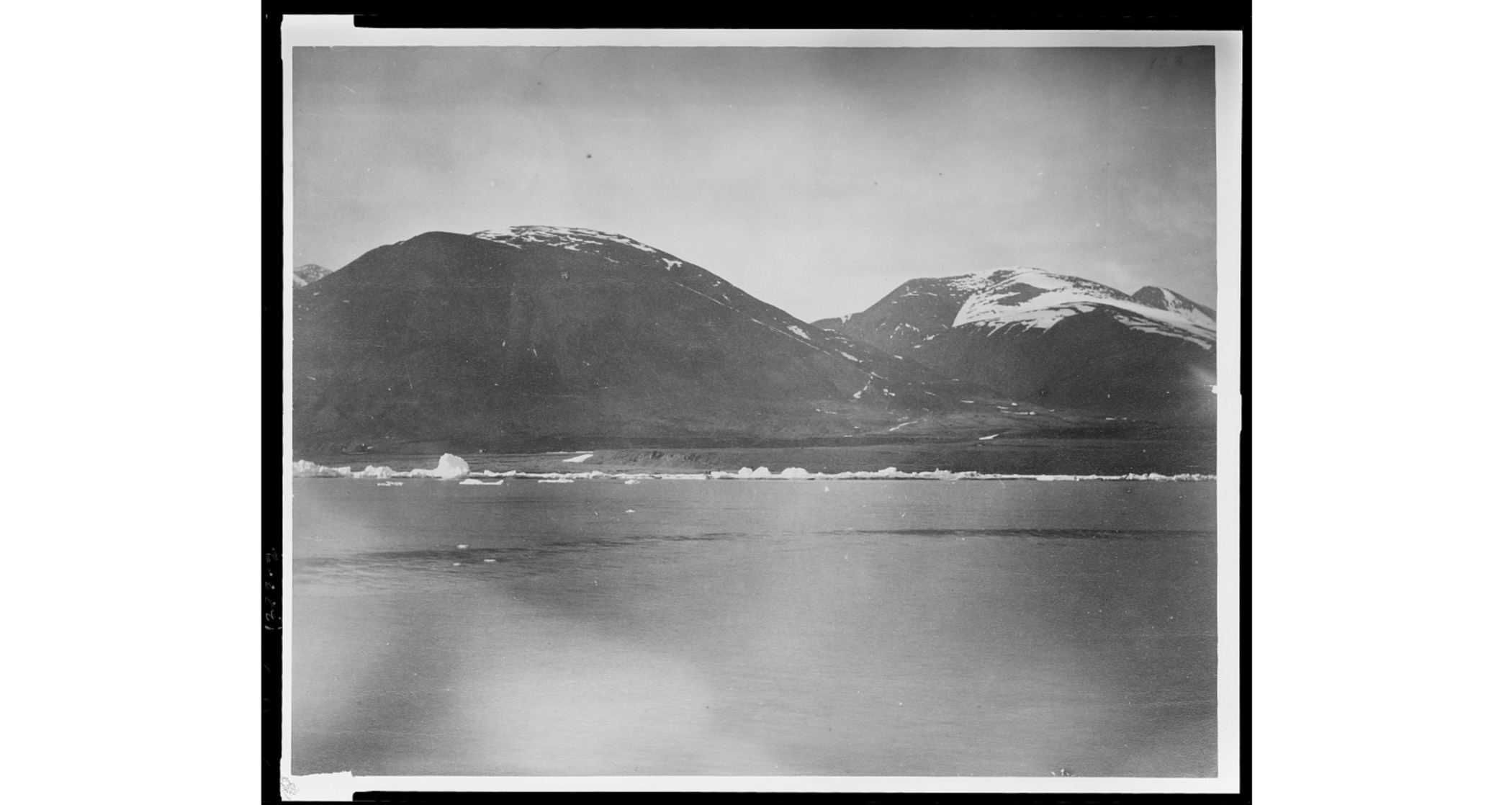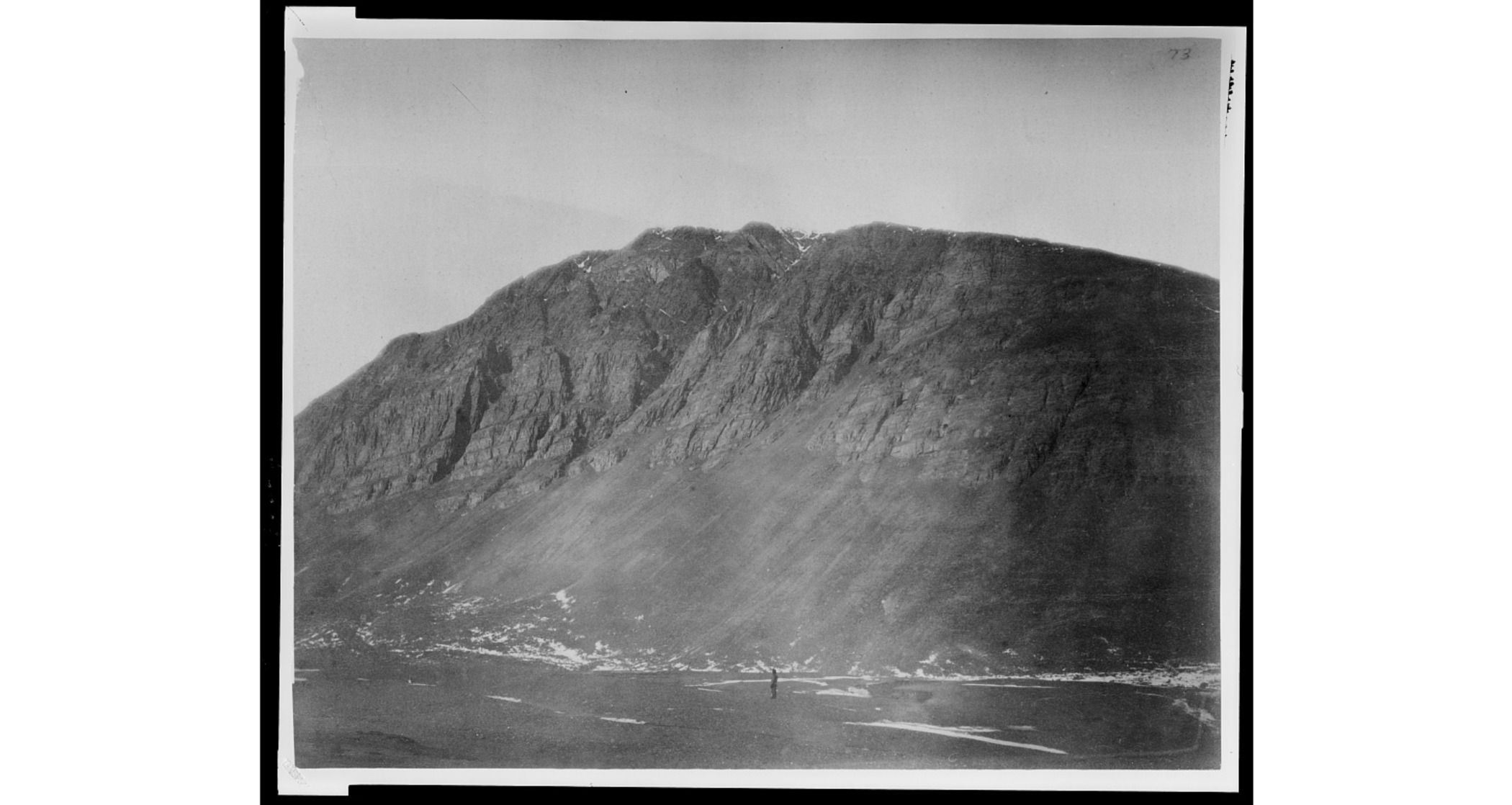Lasting Legacy
While Rice did not survive the expedition, his legacy as an Arctic photographer and courageous, selfless explorer remains. As noted by Greely, George Rice was regarded as the leader of forlorn hope. He was indefatigable, confident, jocose, and ambitious and was so much more than some measly photographer who died on some Arctic expedition he wasn't cut out for.
"In the early 1880s, while on a climatology expedition, Lieutenant Adolphus Greely realized the informational value of photography as he witnessed Sergeant George W. Rice (regarded as the first Signal Corps photographer) document their journey. In 1894, Greely (by then a Brigadier General and Chief Signal Officer of the Army) added photography to the Signal Corps Academy curriculum at Fort Riley."
U.S. Army Military History Institute
Seeing as the Signal Corps creates and manages communication and information systems, it makes sense for photography to be incorporated into that curriculum. Although Rice himself was not able to survive, we are lucky to have had Greely's records of his contributions to the expedition and can see the genuine nature of his kind words in the fact that he took the initiative to add this component to Signal Corps curriculum.
The World's First Arctic Photographer
Pioneering Visuals of the Frozen Frontier: A Glimpse into George Rice's Historic Arctic Expeditions Through His Photographs
The Party's Reaction to Rice's Passing
The crew members of the Lady Franklin Bay Expedition were heartbroken over Rice's death. To them, he was not merely some man who was hired to photograph and record the events of their expedition, he was a beloved leader, and this is evidenced by their reaction to his death.
Rice's passing resulted in "deep and prolonged" mourning because he had sacrificed his life in an effort to provide food for the party. Had he not ventured to find that last bit of English beef they felt that Rice surely would have been strong enough to survive until rescue. Not only did he dedicate his life to his friends but he was also a valued scientist in the field. Greely recorded Rice as being "clever, cultivated, and amiable" and not only was his eagerness to provide for his friends proven in his fateful journey, but also in his "extraordinary trips to Isabella, Sabine, [and] toward Littleton Island."
One of the men had a complete breakdown due to immense grief, but but each of the men were affected intensely by Rice's death. The fact that these feelings were noted in Greely's official report of the expedition proves just how much the men appreciated Rice. In this report which attempts to paint the Lady Franklin Bay Expedition as not a failed journey but a story of twenty-five courageous heros, they admit to having been emotionally moved by Rice's passing. Nineteen deaths are outlined in Three Years of Arctic Service, but none seem to have had anywhere close to the same impact on morale that Rice's did.
A Tragic Triumph: George Rice’s Enduring Influence
George Rice was an altruistic member of the Lady Franklin Bay Expedition. He devoted himself to the cause and rather than laying low and letting the lieutenants, astronomers, and meteorologists take control, he contributed to every aspect of the journey's success. Rice worked tirelessly and fulfilled duties far greater than those he was expected to have completed. Although he passed before he could have been rescued, the optimistic leader died in a self-sacrificing pursuit. Ultimately, the deaths of Rice and eighteen others resulted in better planned and better reinforced Arctic expeditions. Rice, in fact, was the only man on the expedition with knowledge of small boats, something which becomes majorly important when massive ships get stuck in ice and must be abandoned. Not only that, but the tragedy received so much public attention that news of the deaths sparked widespread interest in Arctic exploration. George Rice and his contributions to the Lady Franklin Bay Expedition can therefore be given some of the credit as to why the students of Dartmouth College are able to take a fascinating course essentially centered upon Arctic studies.
Works Cited
"George W. Rice (George Walter) Photographs." Library of Congress, www.loc.gov/photos/?q=rice,+george+w.+%28george+walter%29. Accessed 22 Nov. 2024.
Greely, A. W. (Adolphus Washington). Three Years of Arctic Service : An Account of the Lady Franklin Bay Expedition of 1881-84 and the Attainment of the Farthest North. New York: Scribners, 1886.
U.S. Army. "Just One More." Army.mil, 5 Nov. 2008, www.army.mil/article/9674/just_one_more_combat_photography. Accessed 22 Nov. 2024.


